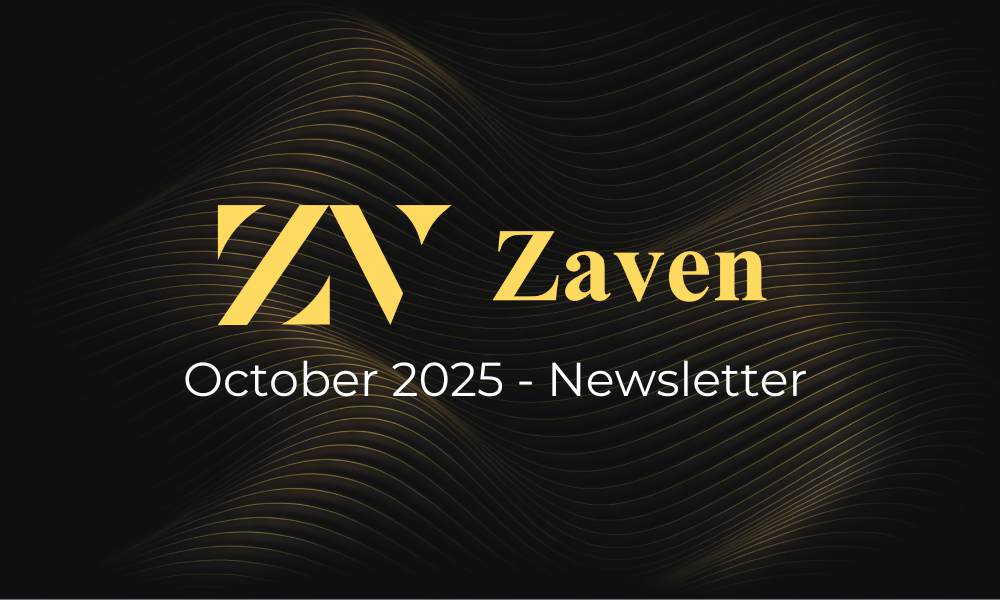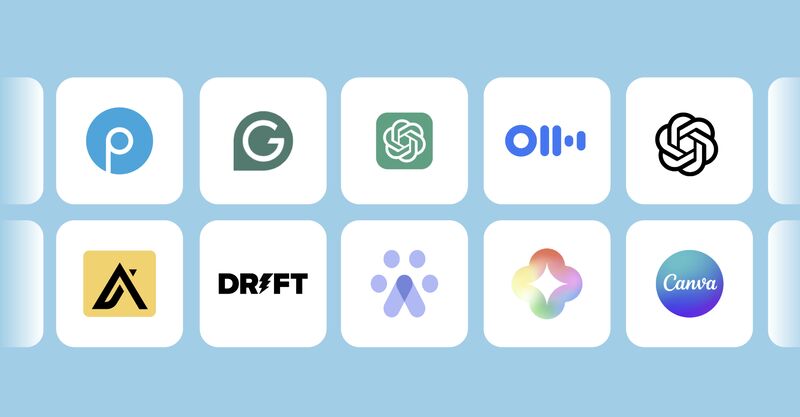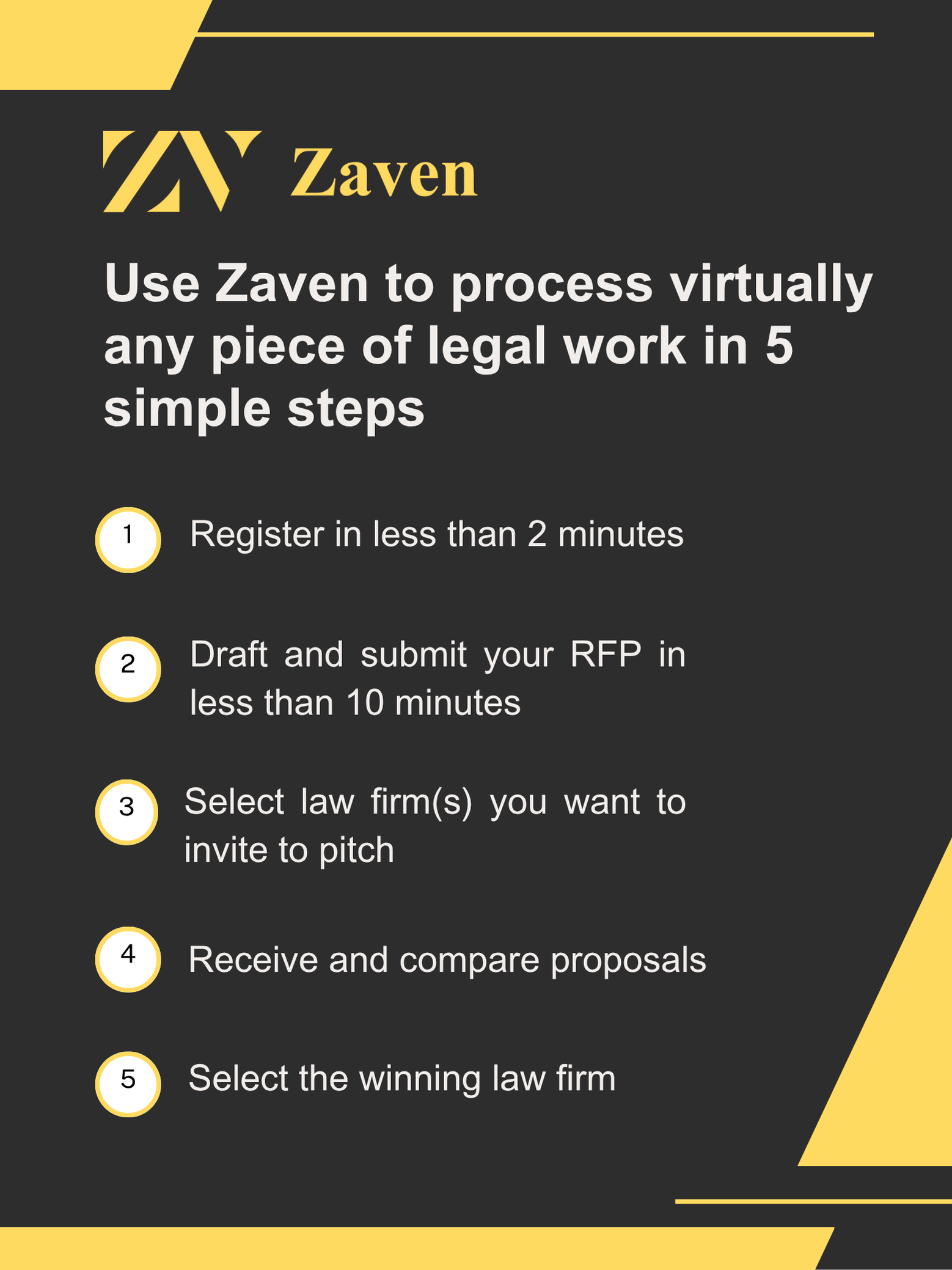Source: Forbes, Mark Cohen
The legal profession stands at a crossroads, and according to legal industry expert Mark A. Cohen, the fundamental challenge isn’t technological—it’s psychological. A widening “mindset gap” between business and law threatens not only the legal industry but also the enterprises and society it serves.
The Great Divergence
Over the past quarter-century, businesses faced escalating challenges: rapid technological advances, industry disruptors, economic crises, cyber breaches, and now artificial intelligence. Each crisis forced business leaders to abandon traditional approaches and embrace what Stanford psychologist Carol Dweck calls a “growth mindset”—one focused on learning, experimentation, and adaptation.
The results are stark. More than half of Fortune 500 companies from 2003 no longer exist, while those that embraced growth mindsets, like Microsoft under Satya Nadella, have thrived through cultures of innovation and collaboration.
“Business recognized these interconnected challenges posed an existential threat, one that could not be extinguished by a fixed mindset and strict adherence to what had worked in the past,” Cohen explains.
Law’s Retrospective Prison
The legal profession remains trapped by its foundational principle: stare decisis, or adherence to past decisions. This backward-looking orientation permeates legal culture, from Latin-heavy “legalese” that separates lawyers from clients to unchanged hierarchical partnership structures.
Cohen identifies law’s fixed mindset through cultural insularity, risk aversion, artisanal approaches over scalable solutions, and law schools that emphasize issue identification over problem-solving. While this has driven financial success—the global legal services market grew from $300 billion in 2000 to $1 trillion today—Cohen argues this success has bred fatal complacency.
The In-House Revolution
While law firms remain mired in fixed thinking, corporate legal departments have been forced to adapt. Cohen calls in-house teams “law’s astronauts”—professionals who’ve developed growth mindsets by necessity, becoming proactive, strategic, and tech-enabled while maintaining professional independence.
The impact is dramatic: companies once sourced 70-80% of legal work to firms but now handle 54% internally. This shift represents fundamental reimagining of law’s role from reactive support to strategic business partner.
The AI Acceleration
Artificial intelligence will accelerate this transformation dramatically. Goldman Sachs projects 44% of legal tasks could be automated, while Forrester estimates 80% of legal jobs will be significantly reshaped by AI.
More critically, AI will “drive a spike through the law firm economic model, hollowing out the bottom and middle levels of its pyramid,” according to Cohen. The billable hour will give way to output-based pricing, enabling AI-first providers to offer “productized” legal services at scale across traditional practice boundaries.
The Transformation Blueprint
Cohen outlines key recommendations for legal’s evolution:
- Leadership: Demonstrate growth mindsets through actions, not just words
- Continuous Learning: Engage with AI, technology, and business developments
- Foresight: Develop forward-looking capabilities to anticipate uncertainty
- Talent Reimagination: Prioritize emotional intelligence and collaboration over credentials
- Business Partnership: Learn to speak business language and operate at business speed
The Stakes
Cohen’s analysis presents an existential choice: continue clinging to stare decisis and risk marginalization, or embrace foresight and growth mindsets to reclaim strategic partnership roles.
“Stasis is not a strategy; it is a path to marginalization and redundancy,” Cohen warns. The transformation won’t be easy—EY research shows over 50% of general counsels identify legal culture and resistance to change as the greatest modernization obstacle.
Yet as Clayton Christensen observed, “Best practices are a great way to institutionalize what you know. But they’re also a great way to institutionalize ignorance if you don’t keep revisiting them.”
The legal profession’s future depends on balancing traditional strengths with forward-thinking capabilities that business and society now demand. Only by abandoning stare decisis for foresight can law reclaim its role as a strategic partner in navigating our rapidly changing world.
Read more: Forbes, Mark Cohen







